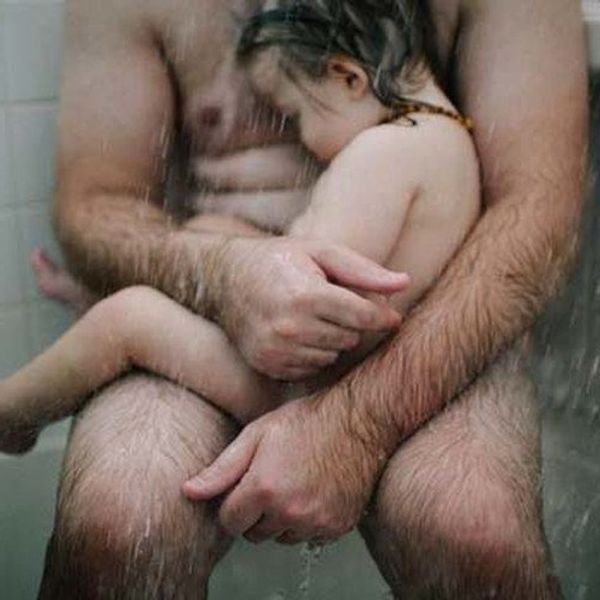While scrolling through the infinite pages of Facebook I came across a video that NowThis had created, addressing some news that appeared after Miami Swim Week. The swimwear label, Hot As Hell, had recently come under fire on social media, sparking controversy about sexualizing children and whether or not this could be considered a form of child abuse.
This got my attention, as should it yours.
Addressing the topic of children and projecting an adult sexuality onto them is an important topic. From books like Lolita and now to this, it has always been in question… and it shouldn’t be!
If you look at a child and see something sexual, YOU are the problem. The only way this is sexualizing children is if you yourself view it as such. If you find yourself uncomfortable seeing a little girl wearing a swimsuit, I would like for you to sit down and think about why. Why does it make you uncomfortable, and why do you connect elementary-aged girls to grown women? It is really important not to objectify and put an adult image and sexuality onto young girls. They did not ask for this, the creators of the label didn’t ask for it. You created it.
Just like any other item of clothing, young girls need swimsuits too. They’re a necessity for summer activities and needed just as much as a winter coat, not to mention that it’s a billion dollar industry. This label just happened to think it would be fun to send out young girls to model their new line, “Hot-As-Halo”, and they were right! The girls clearly appeared to be having tons of fun and are definitely going to remember the experience for years to come. It is okay to let young girls have fun and enjoy expressing themselves in a safe and entertaining environment. What is not okay is looking at a toddler and thinking she needs to cover up because it makes you uncomfortable.
Why is it we always find the need to tell young girls to cover up, but rarely tell young boys to do the same? Why do we, from the beginning, cast a sexual light on girls and not boys? And yet again, why would viewing any toddler in a swimsuit be considered inappropriate?
I can understand the argument that putting the girls on a catwalk could lead to children being judged or causing them to worry and be subconscious about their looks. However, if that is your argument, why do you feel the need to teach your child that her looks are what matters and to feel like she has to be in competition with other girls about her physical appearance?
That is a taught behavior.
When a group of toddlers are having fun, being carefree, and participating in something that is clearly making them happy, they are not doing it to become “more attractive” or “appealing” to others. Nor are they in competition with one another… until we teach them to be! The only judgment being put on those children is by grown adults… and that is what’s disheartening.
“KIDS? Leopard print bikinis on KIDS!?” Expressed one reader in a similar article regarding Liz Hurley's swim line for children.
Seriously? What is it about a leopard print bikini that is so scandalous?
I can look back on my childhood and remember being appalled by the choices available. There was nothing I wanted to wear because there were no bathing suits I found cute. Not because I cared about how my body looked in my swimsuit, or because I was worried about my appearance and how I would be portrayed, but because I cared about the look of the suit itself. I wanted something that I found cute that appealed to me. If I could have found a black piece with pink flowers on it or a leopard print, I would have been happy. (Just like anything your child picks out in stores; they choose it because they like it and because it’s appealing to them.) Wearing that suit, I may have felt proud or confident in my selection, but by no means would I have expected to be objectified because of my choice. This again leads to the importance of allowing kids to be kids and not projecting adult images onto them.
This fashion show was meant to be exactly that… young kids having fun and embracing their inner confidence. Unfortunately, as with many things in our society, something harmless was blown out of proportion. The conversation that it sparked, however, was truly significant as the topic is a true problem we face in our society today.





















